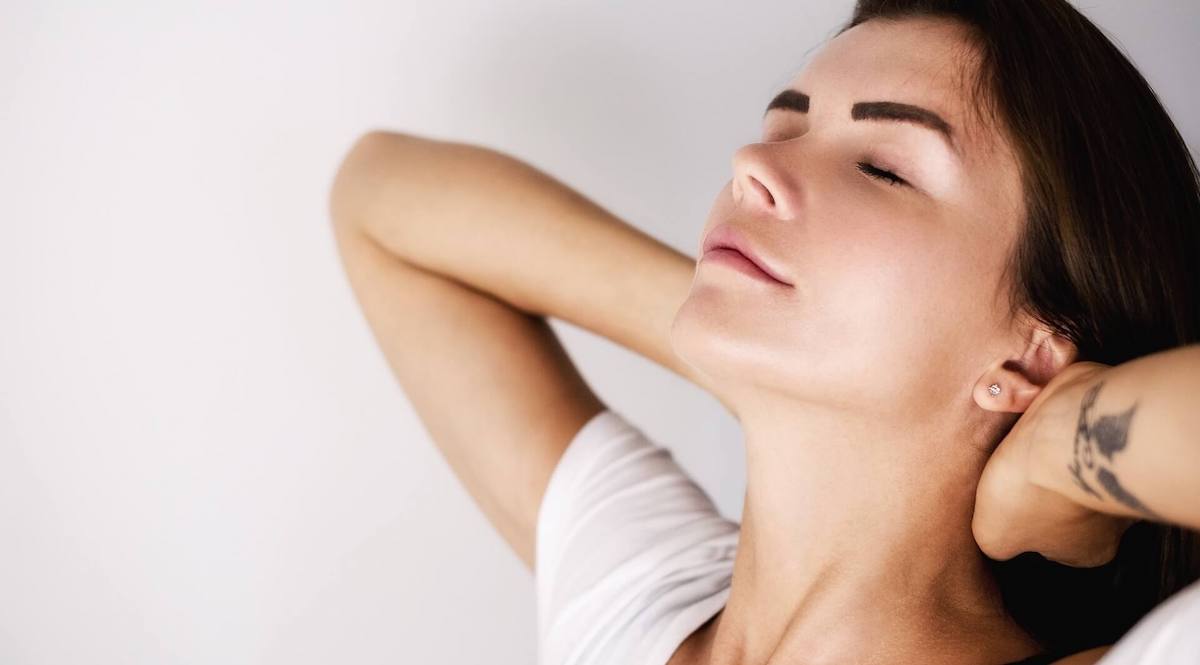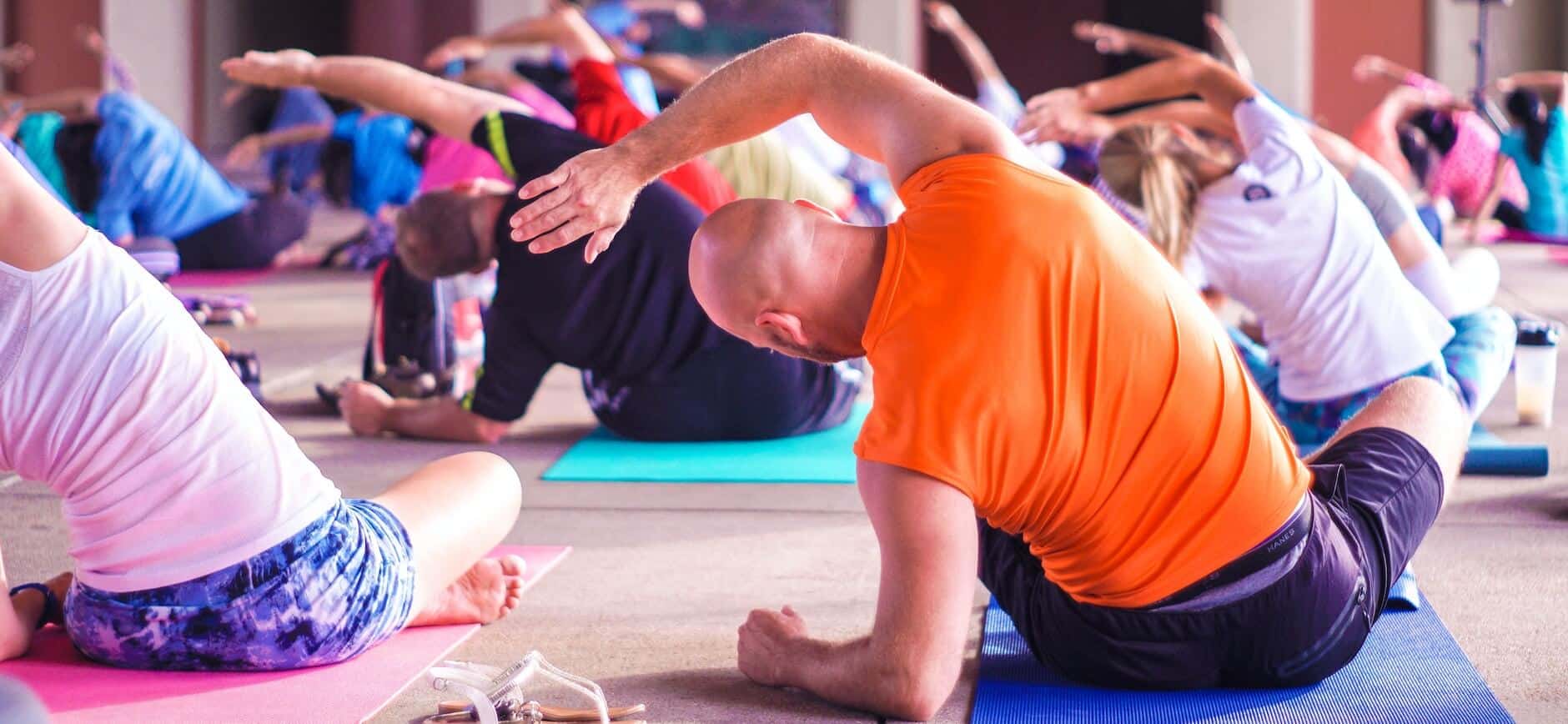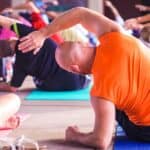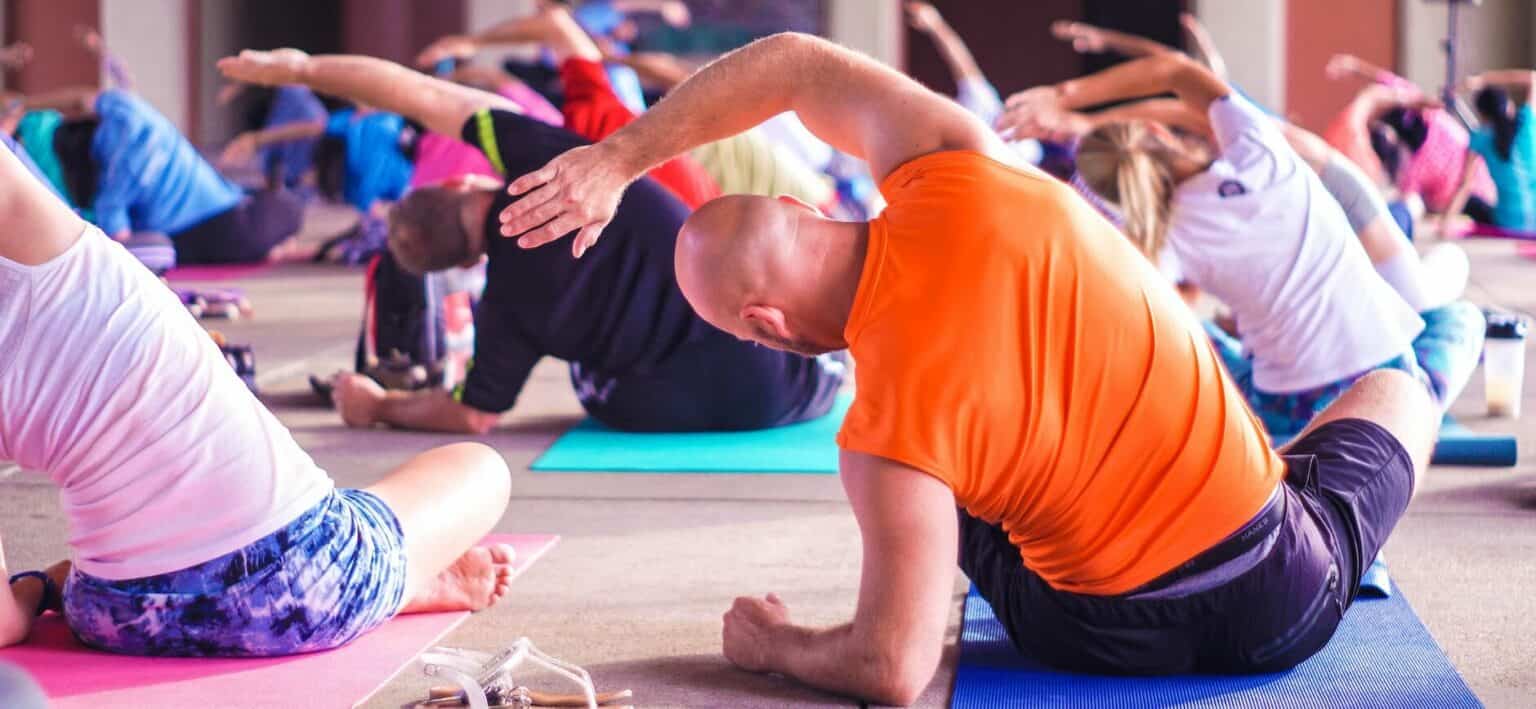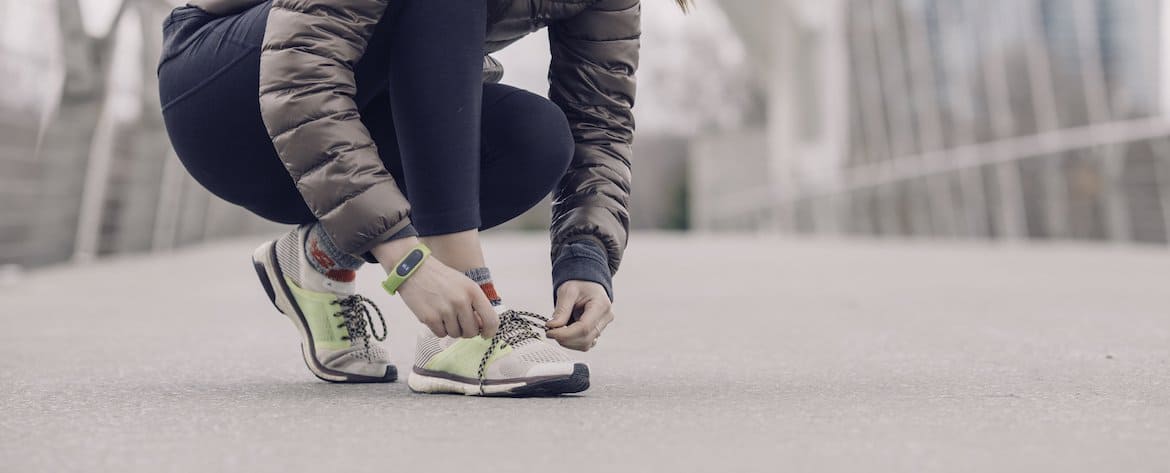The previous blog contained some really useful information about exercise, how to create a daily habit to exercise and how to sabotage your efforts.
You can read the previous blog here. I would highly recommend reading this if you have been trying to get some kind of habit going but you’re not quite winning, or you have had aborted attempts in the past that are putting you off.
One think that I didn’t address in that blog is the idea of scheduling exercise.
Scheduling exercise
If you don’t habitually exercise and then leave to chance or ‘when I get a free moment’ you can almost guarantee it won’t happen or at least it won’t become a daily habit.
What has your experience been with that kind of approach. Mine hasn’t been that good!
This idea applies to a lot of things in life.
It something is important enough that you need to do it regularly, you need to plan it.
Have a think about exactly when you are going to do it, where you are going to do it and schedule it. Even write it down in a diary. Old school.
Every physio has made this mistake
Let’s say you are a physio, and there is an exercise that you really think is worthwhile to help someone resolve their painful problem.
So you explain the exercise, and even why it will help, and say to them ‘do it three times a day’.
What are the chances of someone doing that exercise?
It is common to hear people say ‘I meant to do it through the day, but I thought of it when I was in bed, but I wasn’t going to get up and do it then’.
An alternative approach that works
Something that has proven useful is taking a slightly different approach by asking the question:
‘When do you think you can fit them in?’
‘What is going to be the best time to make it happen?’
‘Is there something that you do 3 times through the day that you can link the exercise to?’
The difference here is there is some thought going into the when and where, and letting someone decide their own scheduling and realistically how it can work in their day.
This is the same with forming a daily exercise habit. Think realistically. Think about the when and where, and how it can work in your life.
If you want some guidance on how to get started, how to make some realistic goals, how to plan it out, and how to work within or around physical limitations, give us a call and have a chat with a physio on 8356 1000, or book yourself a Free physio phone call by clicking the button below!


